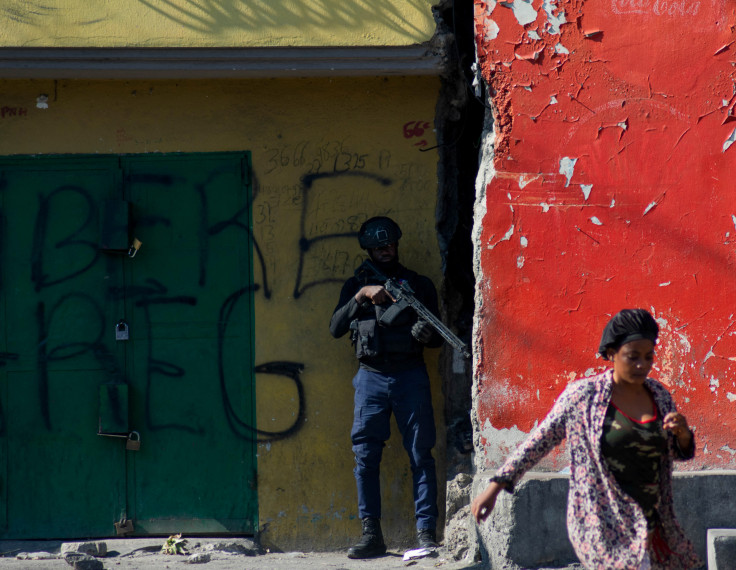
The humanitarian crisis in Haiti continues to worsen, fueling widespread violence and human rights violations that have spread beyond the capital, Port-au-Prince.
According to a recent report cited by the Miami Herald, gang activity remains one of the country's main sources of violence, responsible for hundreds of deaths and numerous crimes, including sexual assault.
The report notes that while gang attacks in Port-au-Prince have decreased, violence has intensified in farming communities and rural areas outside the capital.
Data from the United Nations Integrated Office in Haiti show that between July 1 and Sept. 30, at least 1,247 people were killed and 710 others were injured in gang-related incidents or in clashes involving self-defense groups, civilians, and security forces. The U.N. also recorded 145 kidnappings for ransom and 400 cases of sexual violence during that period.
"Sexual violence perpetrated by armed gangs remains at an alarming level," the U.N. said. "Most of these acts involve gang rapes, often committed during home invasions or while victims are moving through the streets. Such sexual violence, frequently used as a tool of exploitation or punishment, has devastating physical, psychological, economic, and social consequences for survivors and their families."
The report highlighted that although the number of attacks has slightly dropped in gang-controlled areas of metropolitan Port-au-Prince, the scale and brutality of assaults in other regions remain severe.
As The Latin Times reported earlier this year, a U.N. investigation warned that Haiti's humanitarian crisis continues to deteriorate, with a rise in extrajudicial killings by police and a surge in gang violence spreading into previously stable areas.
Among the most serious violations cited were unlawful killings, arbitrary detentions, torture and inhumane treatment, severe restrictions on freedom of expression, violence against journalists, human trafficking, and the continued use of child labor "in some of the worst forms."
The report cited by the Herald noted that while Haitian security forces have reclaimed several neighborhoods once controlled by gangs, they have failed to regain control of others, including Kenscoff, a hillside community overlooking Port-au-Prince that has faced gang attacks since early 2025.
Equally concerning, the U.N. said, is the expansion of gang violence into rural areas, the outskirts of the capital, and the Artibonite and Center departments. In Artibonite, the situation remains highly volatile as armed groups carry out repeated attacks.
The U.N. report cited by the Herald also described two incidents involving children. In one case in Cité Soleil, a commune north of Port-au-Prince, three children as young as 10 were violently beaten, and one was killed by members of the Simon Pelé and Terre Noire gangs.
In another case, a 14-year-old boy, allegedly a member of the Village de Dieu gang, was accused by residents in Martissant, near the capital, of raping a 9-year-old girl. According to the report, a gang cell leader ordered the boy to be severely beaten with a baseball bat before being "sentenced to death" and shot in front of the community that same day.
The Trump administration warned in September that U.S. funding for U.N.-backed security forces in Haiti could be withdrawn if the Security Council and Haitian authorities failed to strengthen efforts against gang violence.
In August, the United States and Panama proposed creating a "gang suppression force" of up to 5,500 personnel to confront armed groups in Haiti. The Security Council has since approved the plan, with countries including the United States, Canada, and El Salvador expected to contribute troops.
The force will have authority to make arrests and detentions and to use lethal equipment when necessary. It will also protect vulnerable populations, support the reintegration of former fighters, and help strengthen Haitian institutions as part of an effort to reclaim territory controlled by gangs across much of Port-au-Prince.
© 2025 Latin Times. All rights reserved. Do not reproduce without permission.







